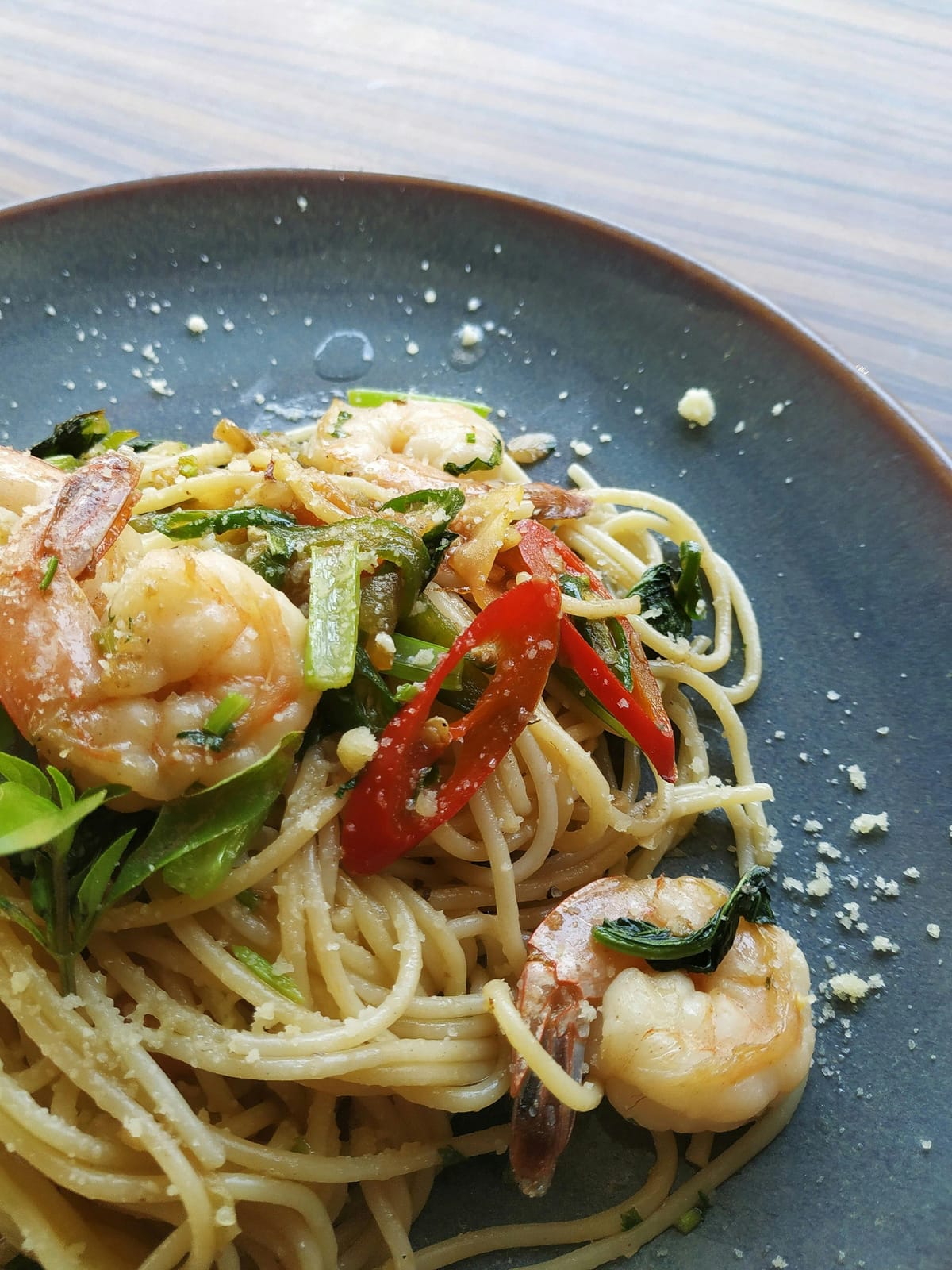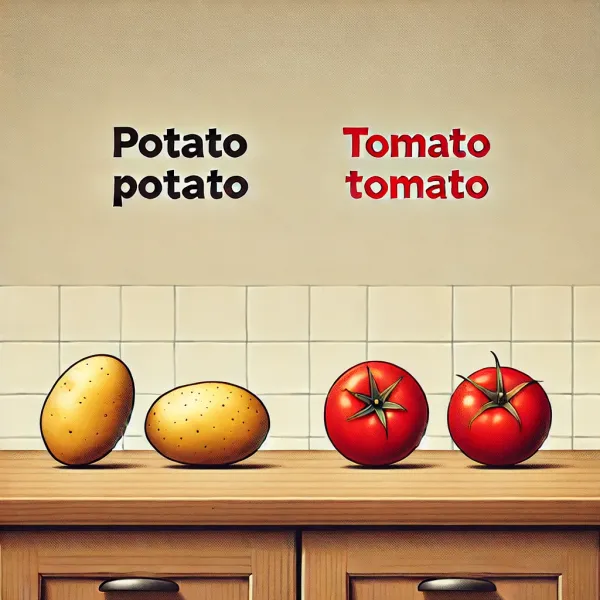Water Retention

Have you noticed that your weight changes dramatically after a meal at a restaurant or while travelling?
If it has annoyed the hell out of you and you want to know why, let us find out.
Water retention is one important factor.
But what is water retention? Why did you get it, and what can you do about it?
Your body maintains its sodium level within a narrow range of 135–145 milliequivalent per liter.
If the food you consume affects these levels, your body either retains water or increases your fluid intake to dilute it. You now have more fluid in the body, diluting the sodium content.
So what does eating out have to do with sodium?
We typically choose our restaurant based on how the food tastes. Restaurants often add extra salt to food to enhance its taste. Other ingredients like sugar or lemon offset the extra sodium, preventing you from noticing it.
Your body then responds by retaining water, making you feel like you have put on weight. Water weight.
Food at a restaurant is not the only thing that causes water retention. Preserved food, frozen and canned meals, alcohol, and sugary foods are equally guilty.
You may ask, "Sugary foods do not contain salt, so why are we blaming them for water retention?"
In a cruel twist of fate, when you eat food high in sugar, it spikes your insulin level. A higher than normal insulin level, in turn, drives your body to retain more salt and water.
Imagine a meal that included an appertif, a high-sodium main course, a dessert, and a digestif. Drinks before and after dinner sandwiched between a main course and a desert. You have the perfect recipe for water retention.
No, I am not asking you to stop eating out. Instead, stop worrying about the weight change.
If you are moderate about how often you eat out and balance what you do the rest of the time, you are going to be fine.
Reach out to me on twitter @rbawri Instagram @riteshbawriofficial and YouTube at www.youtube.com/breatheagain






